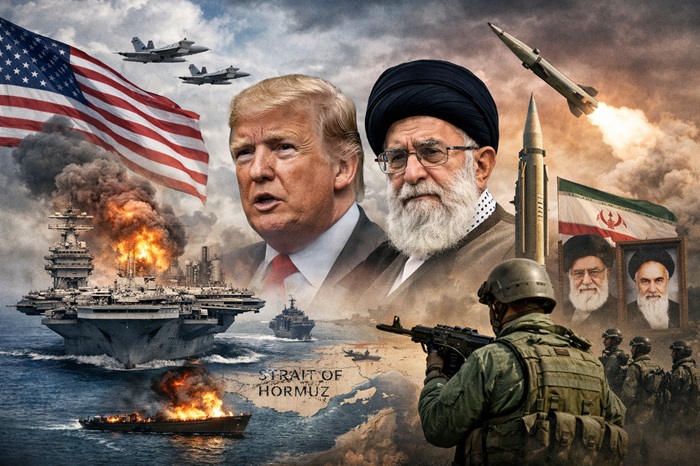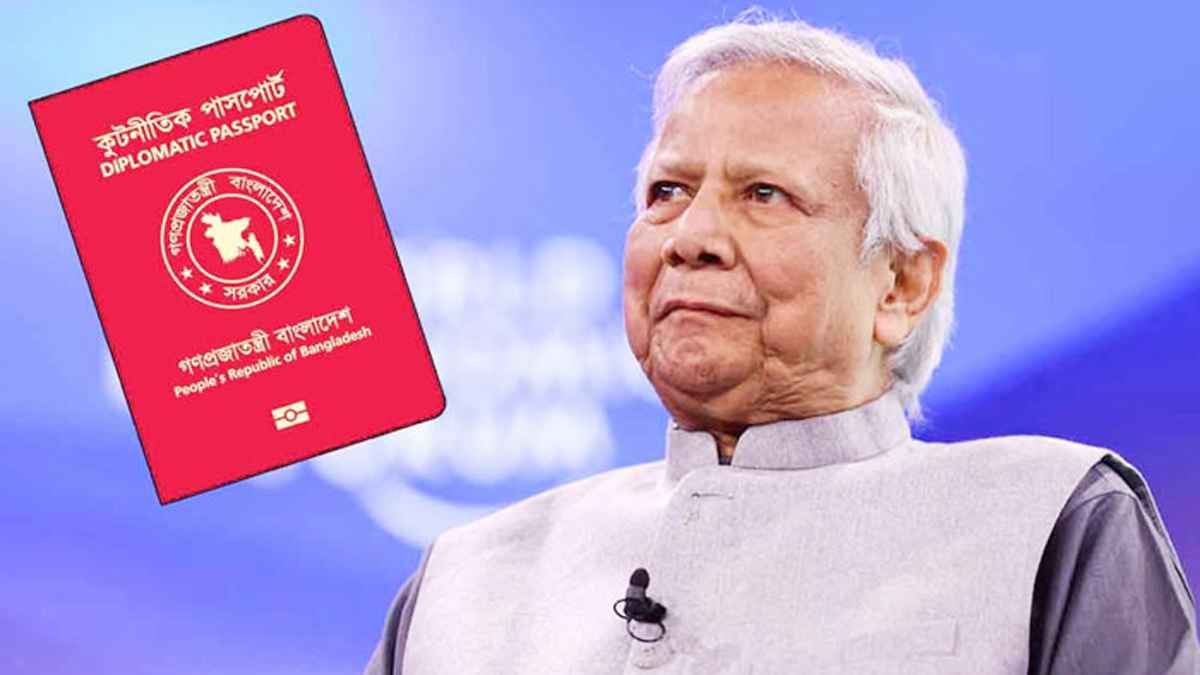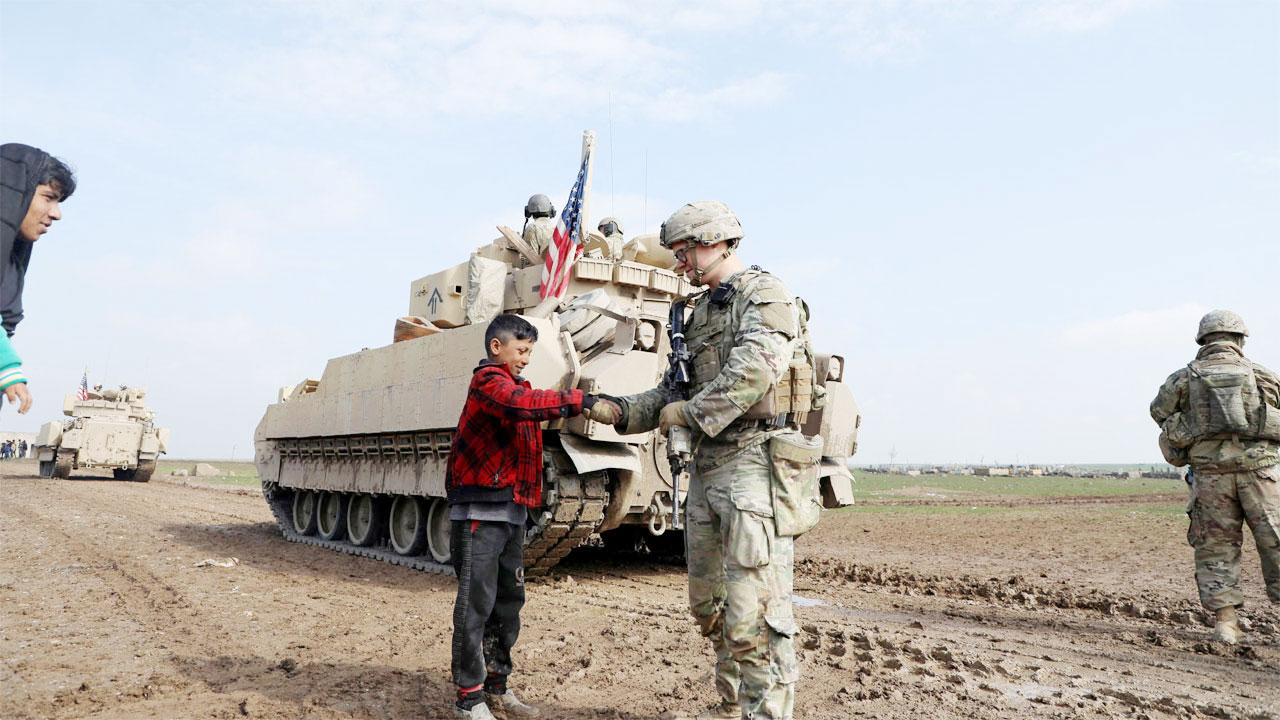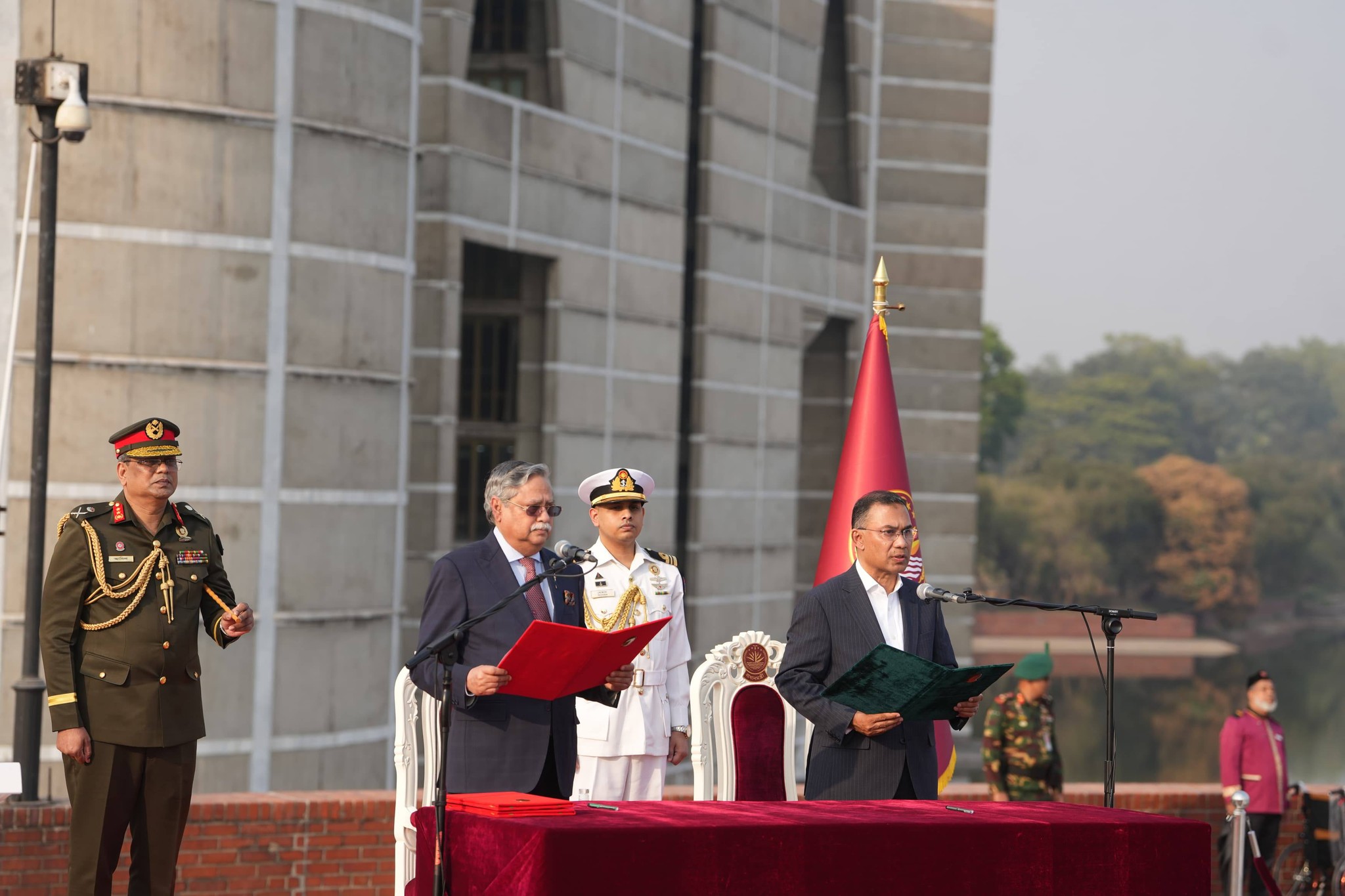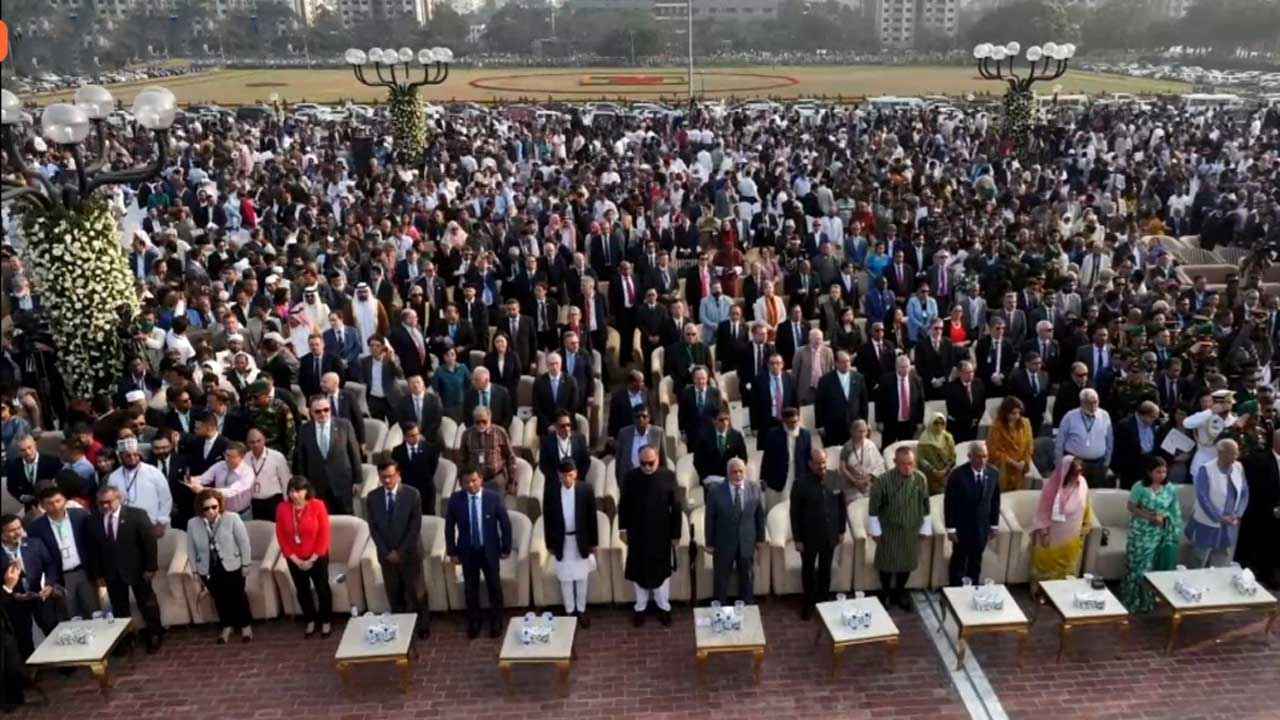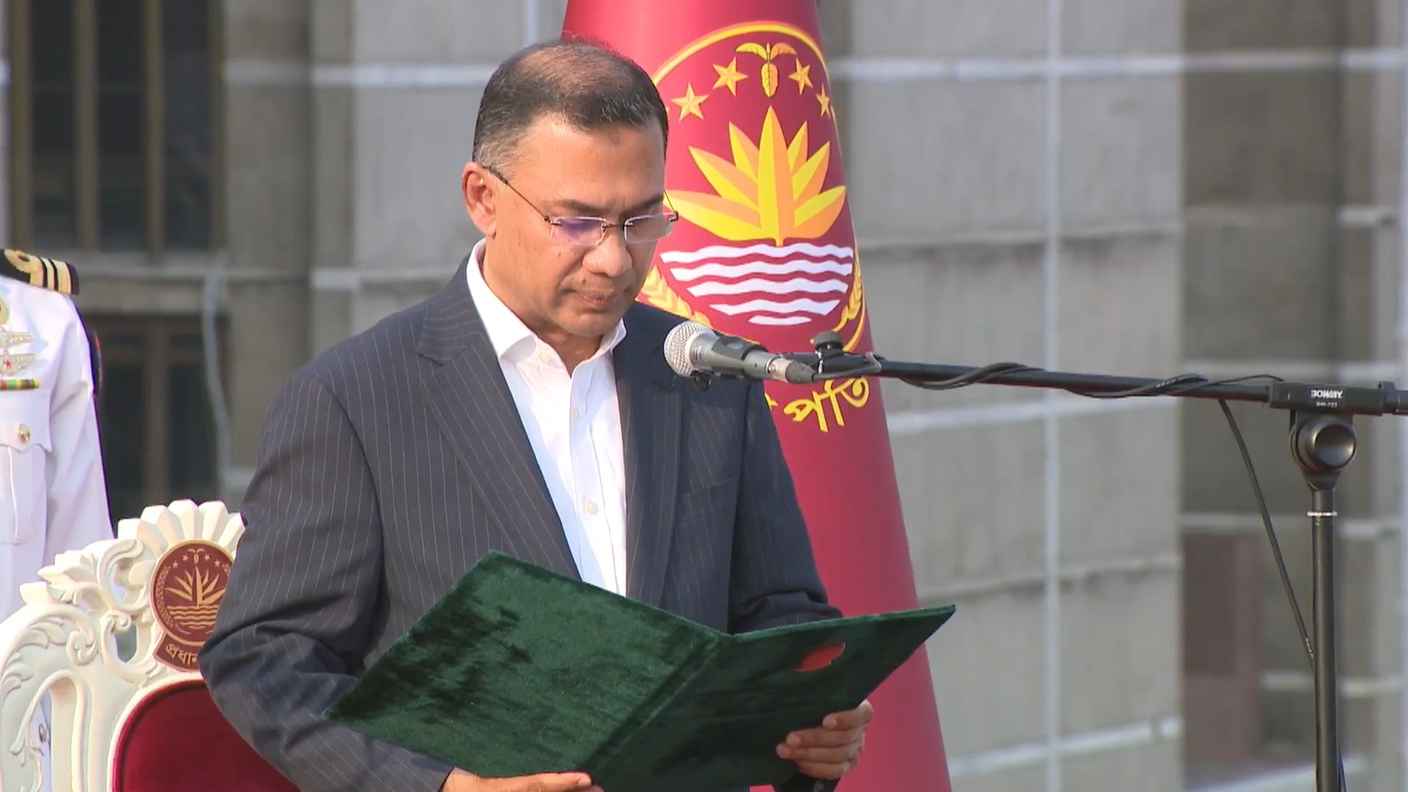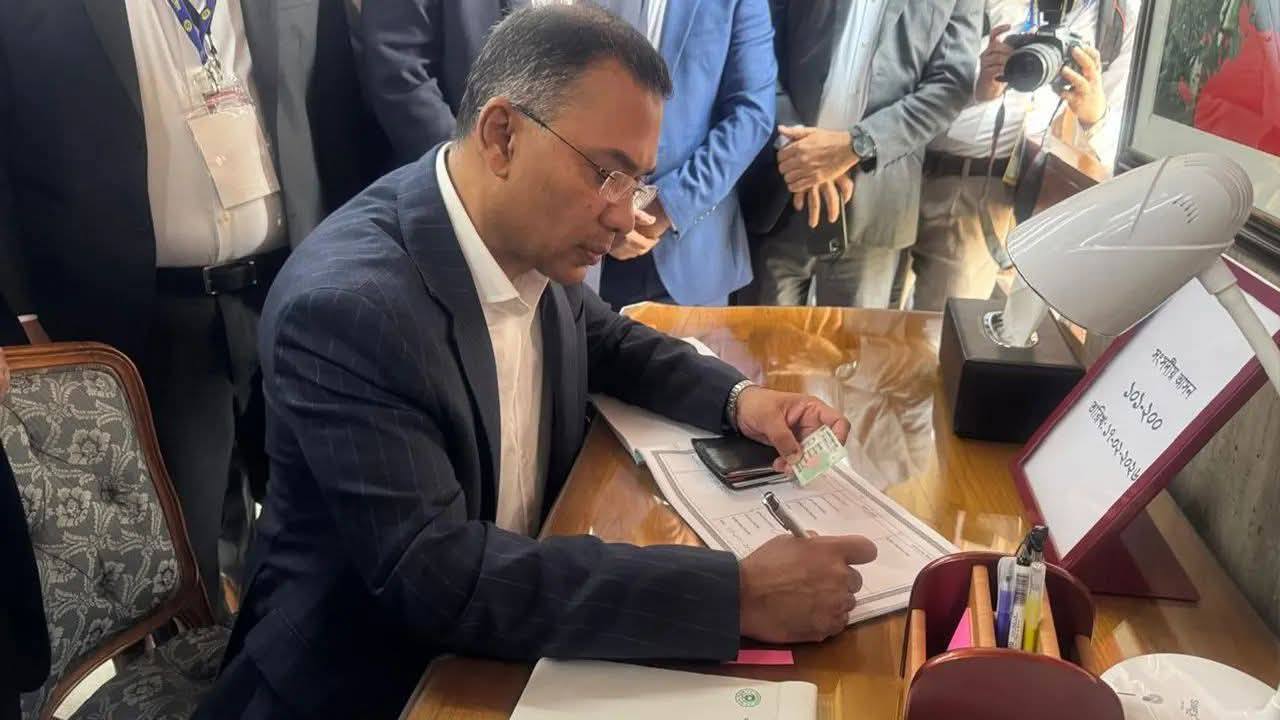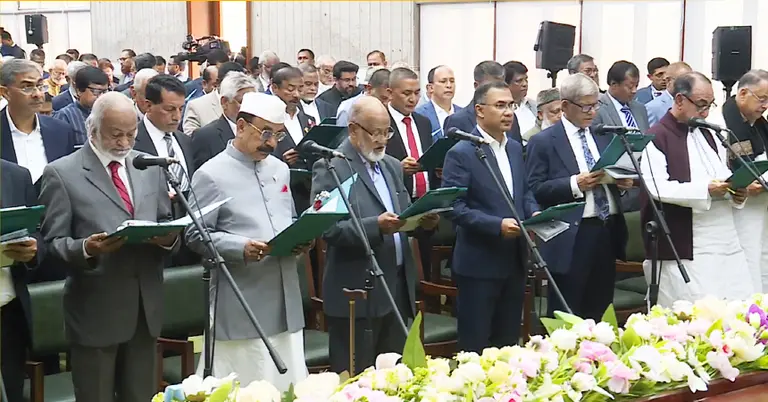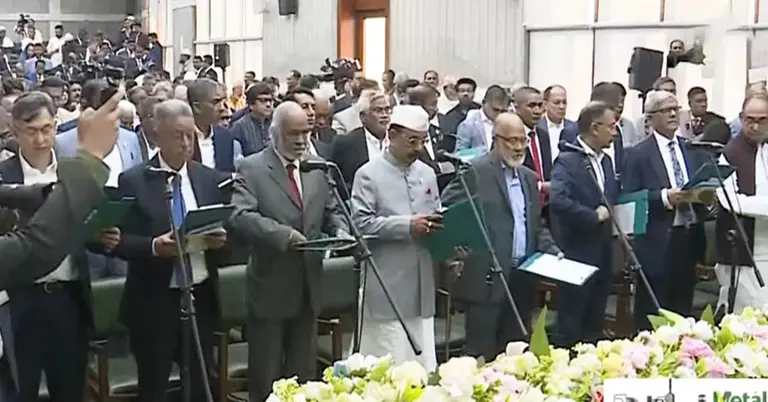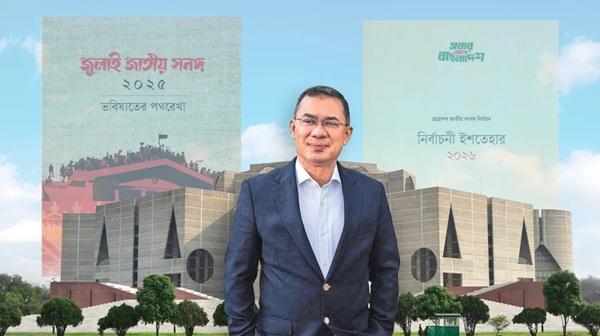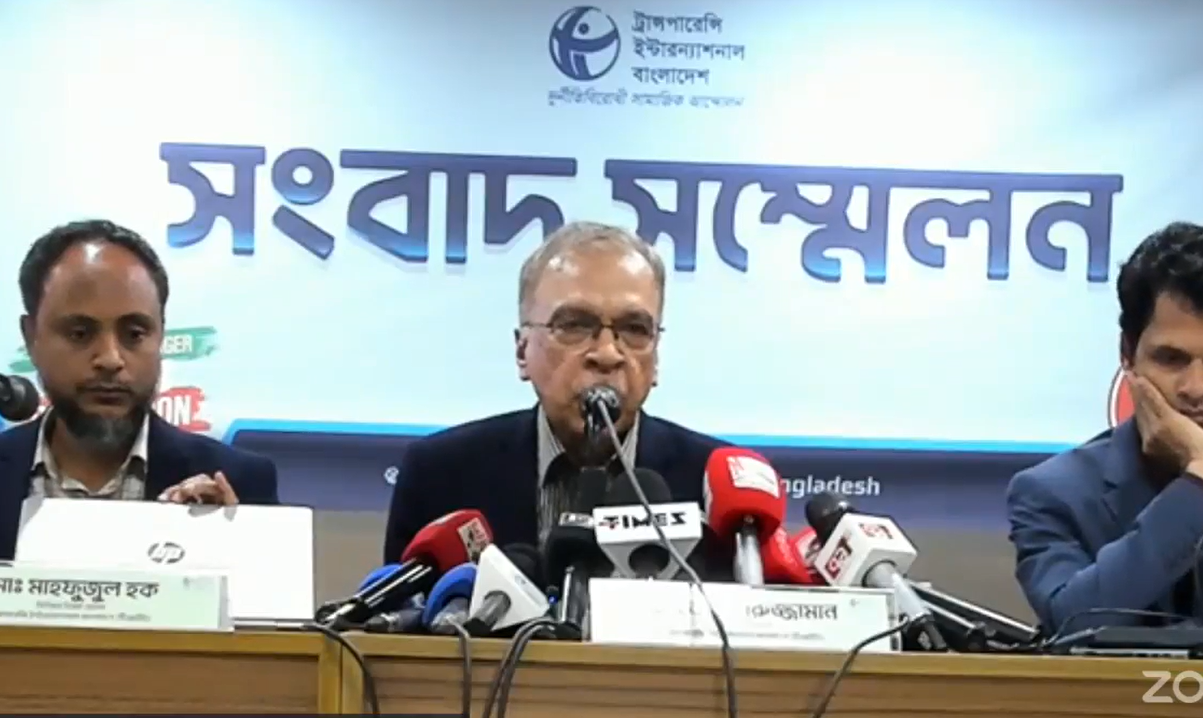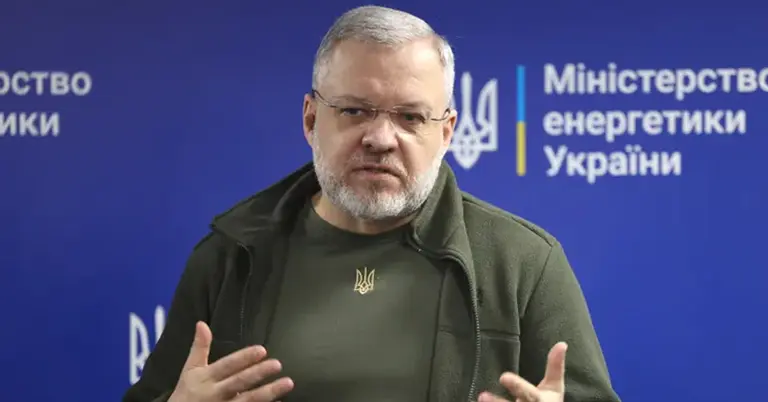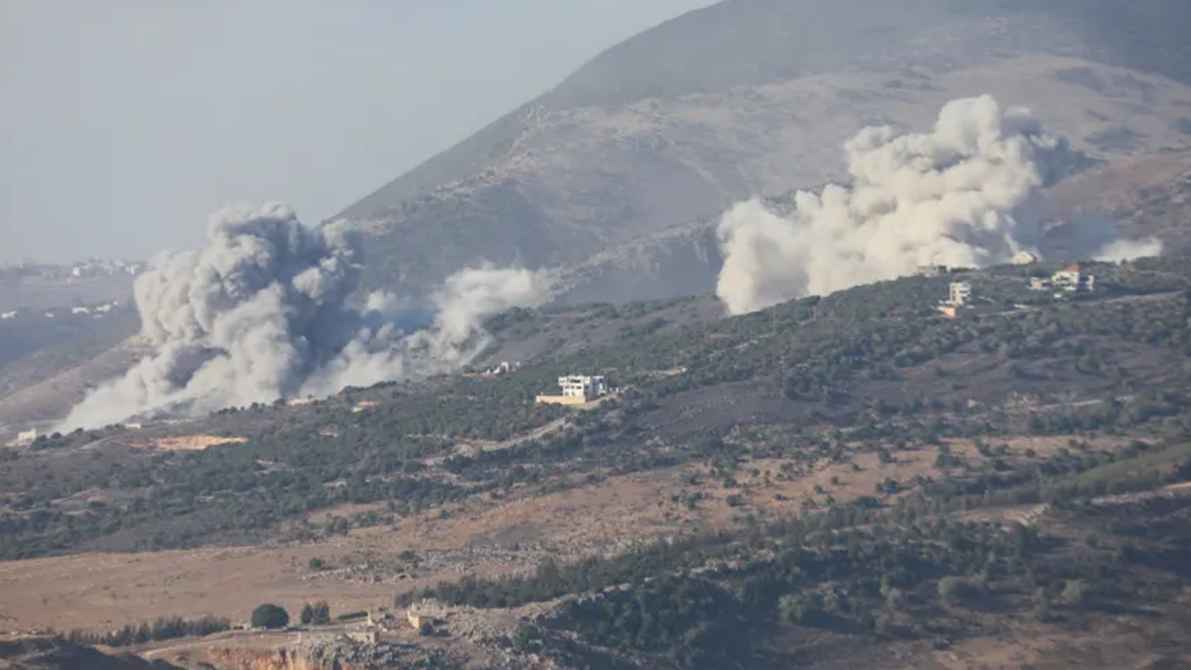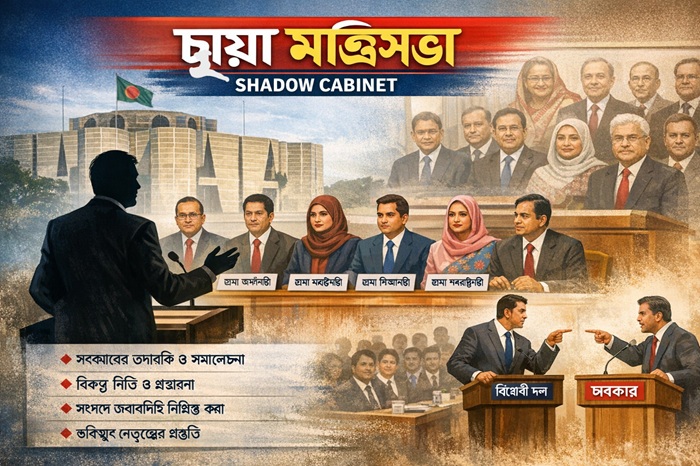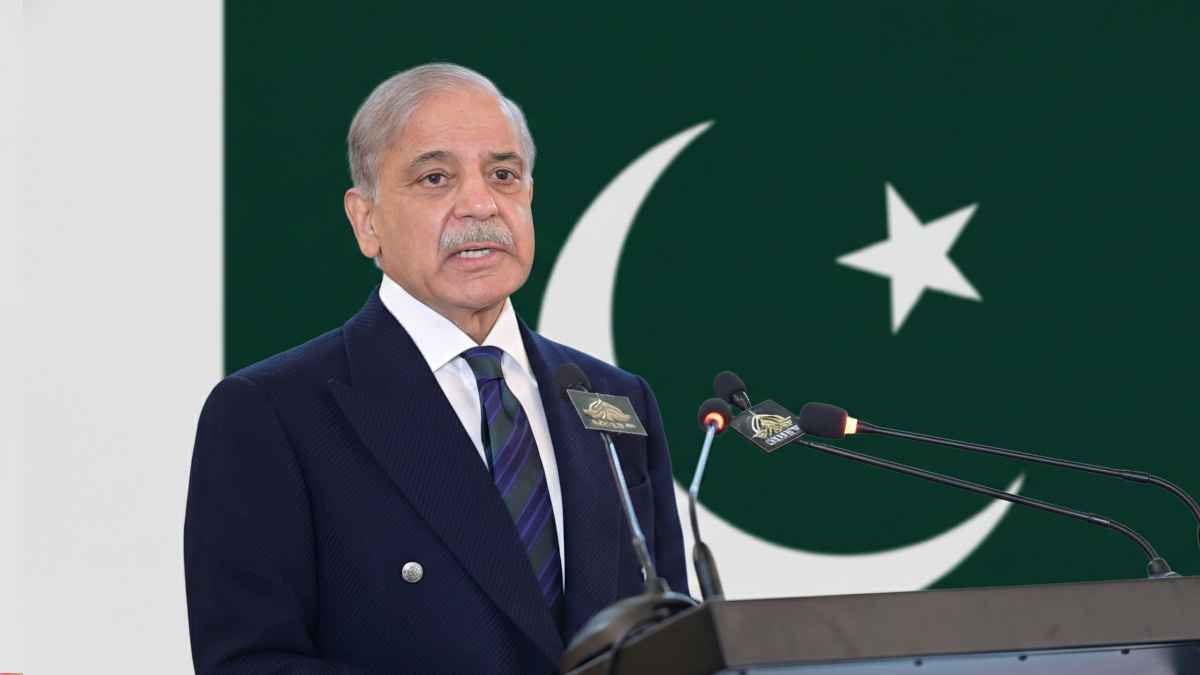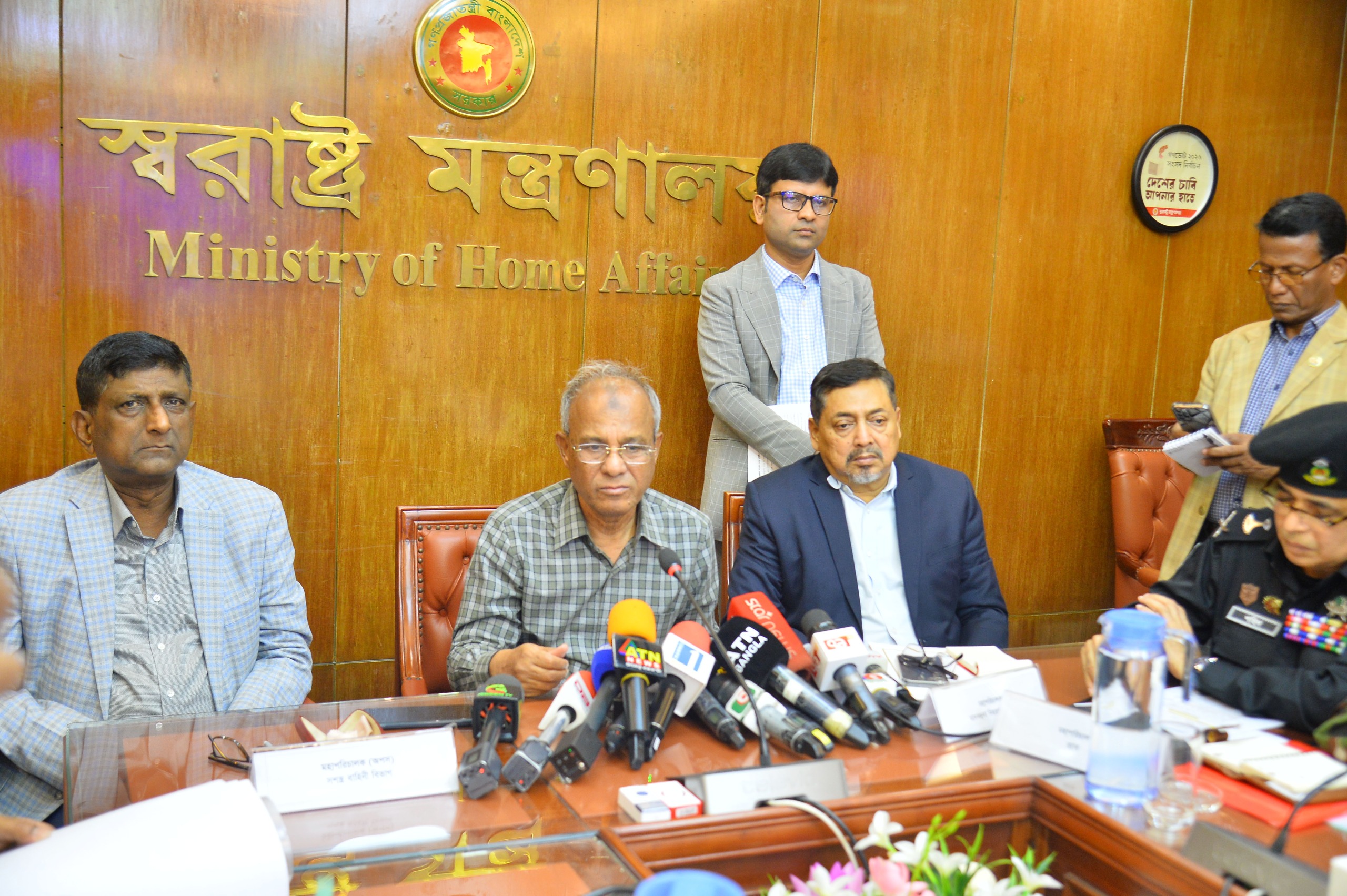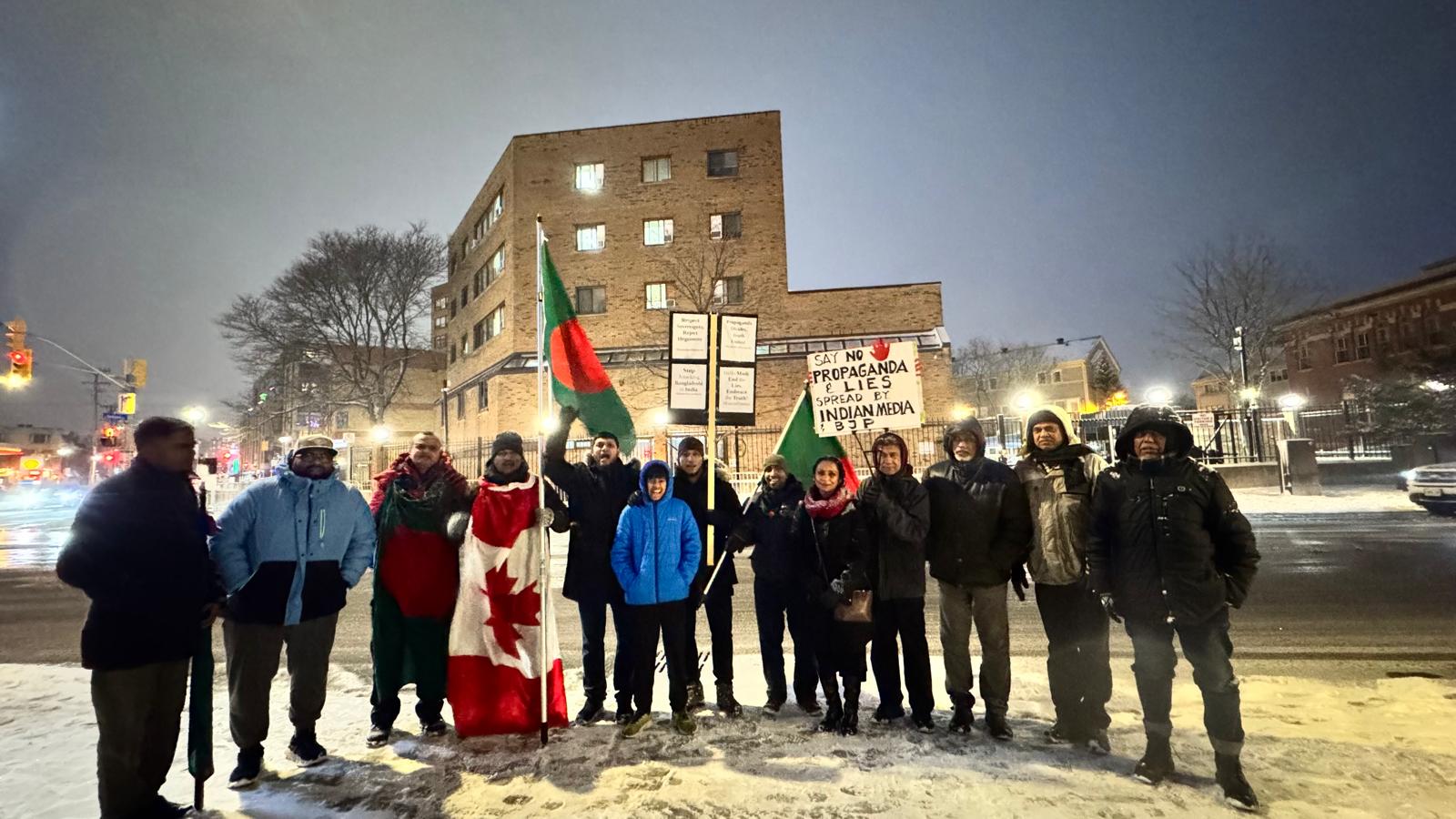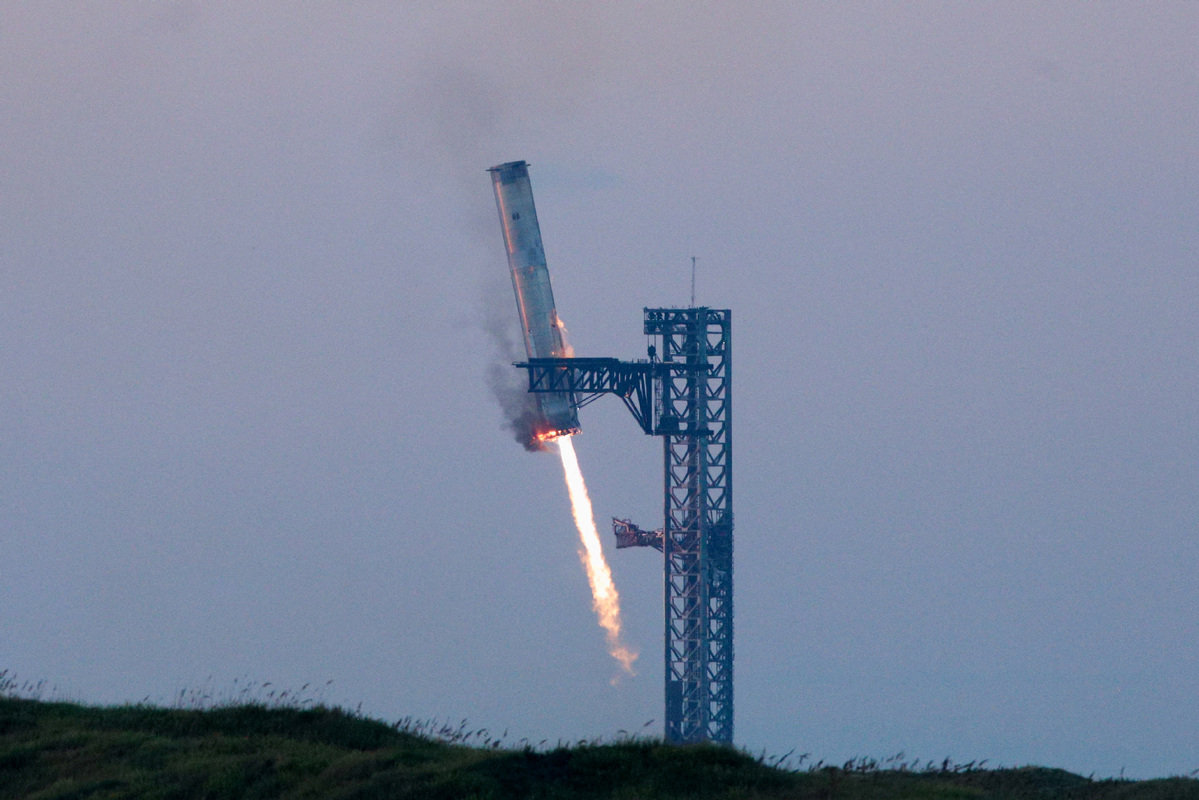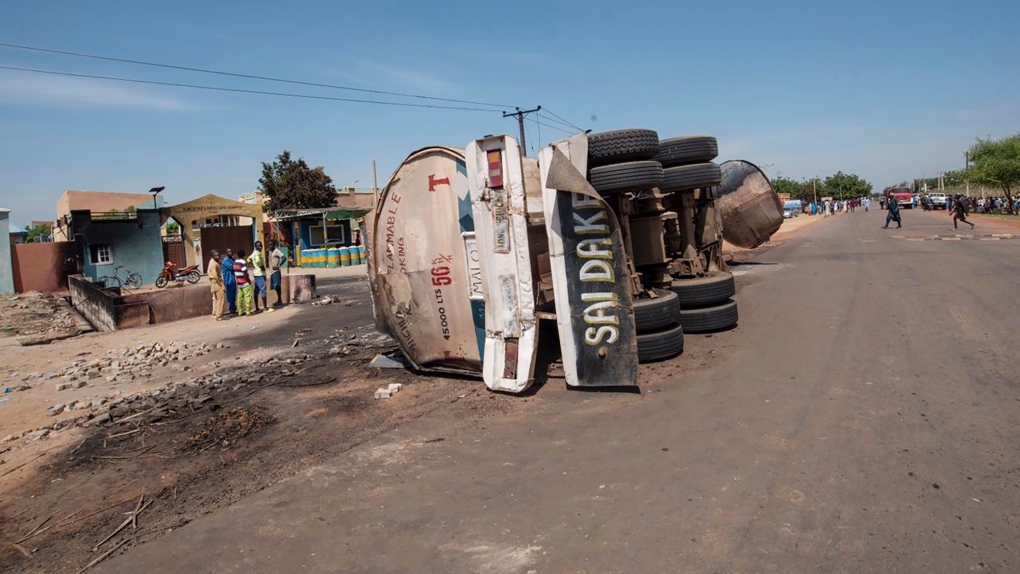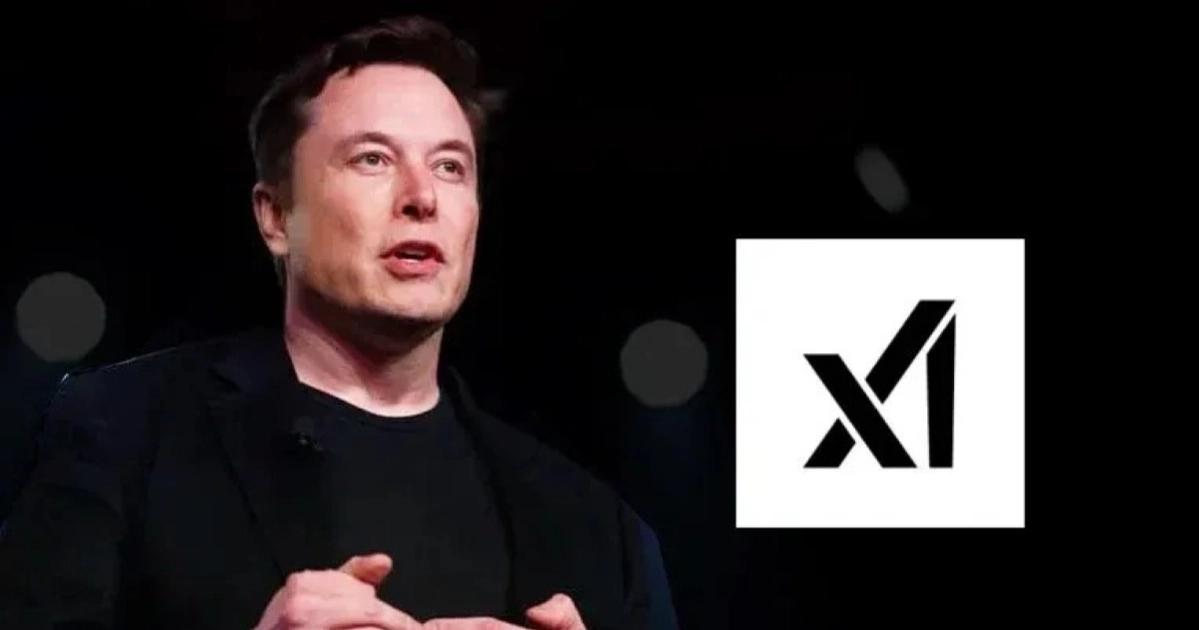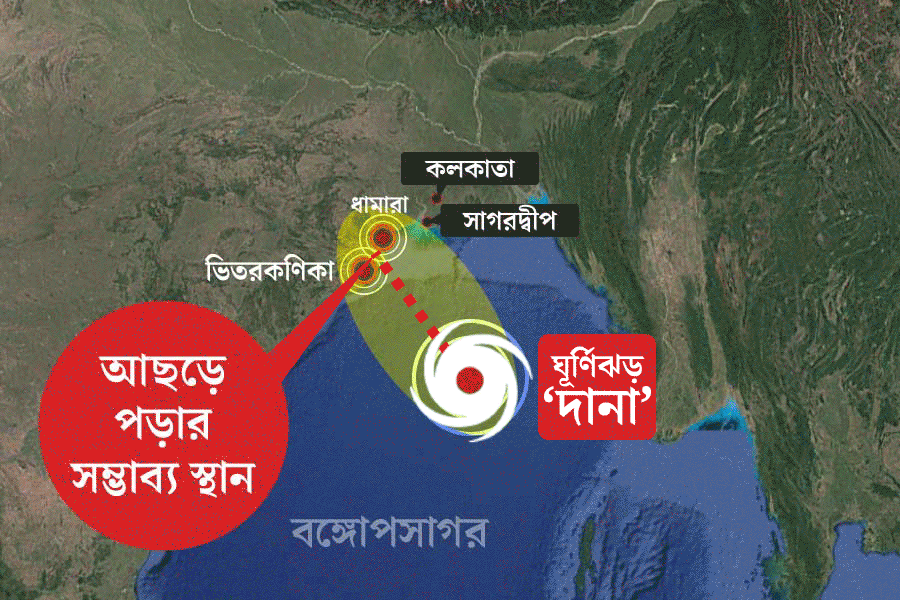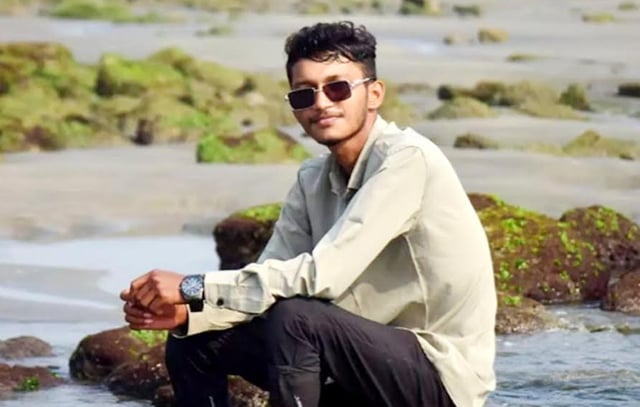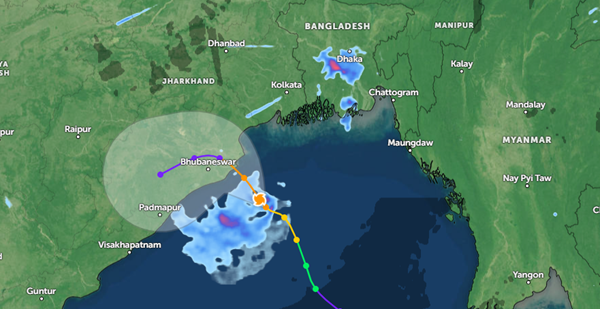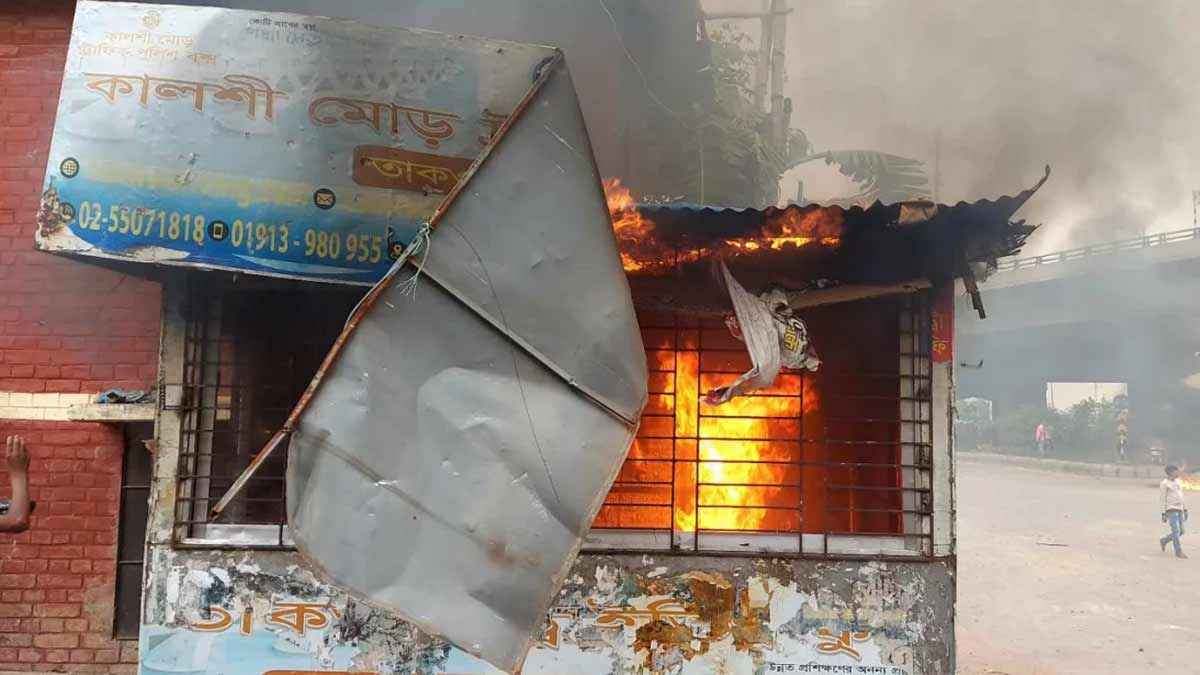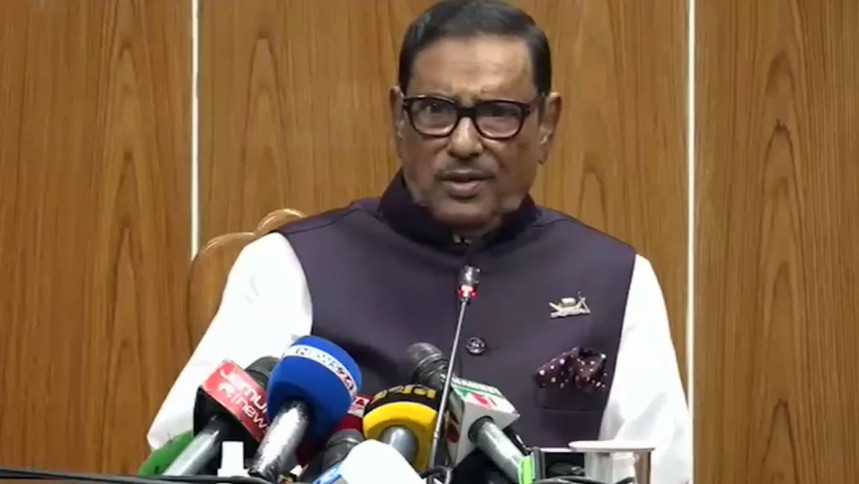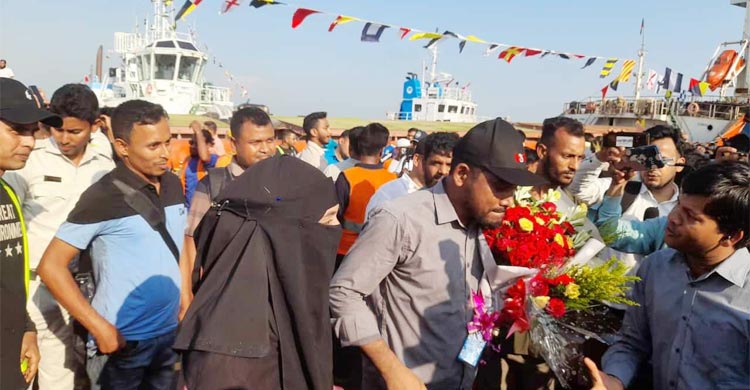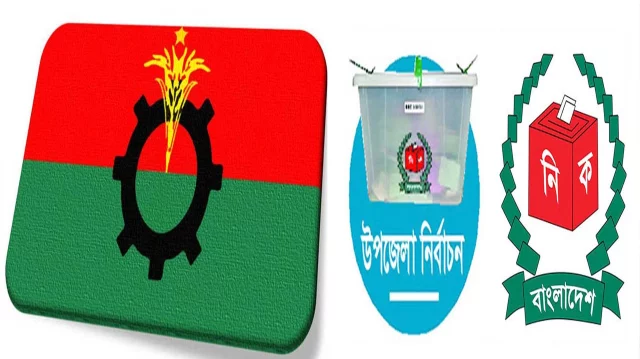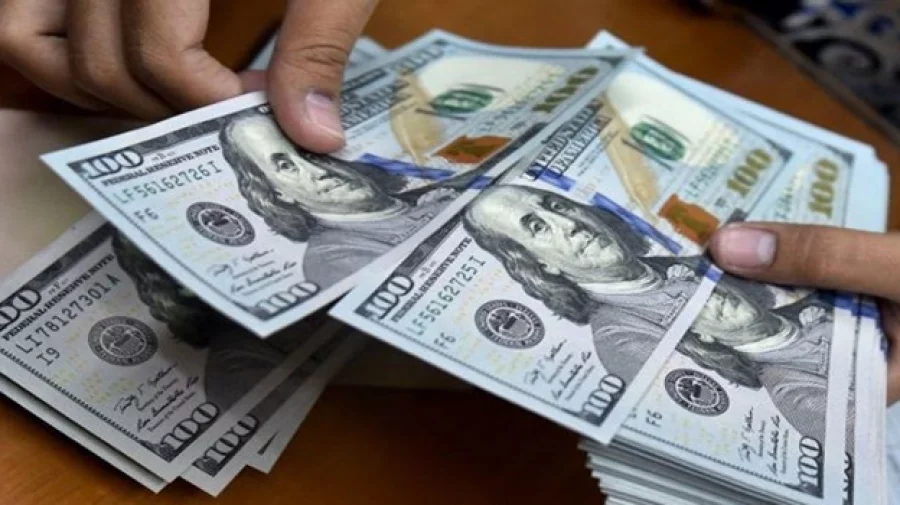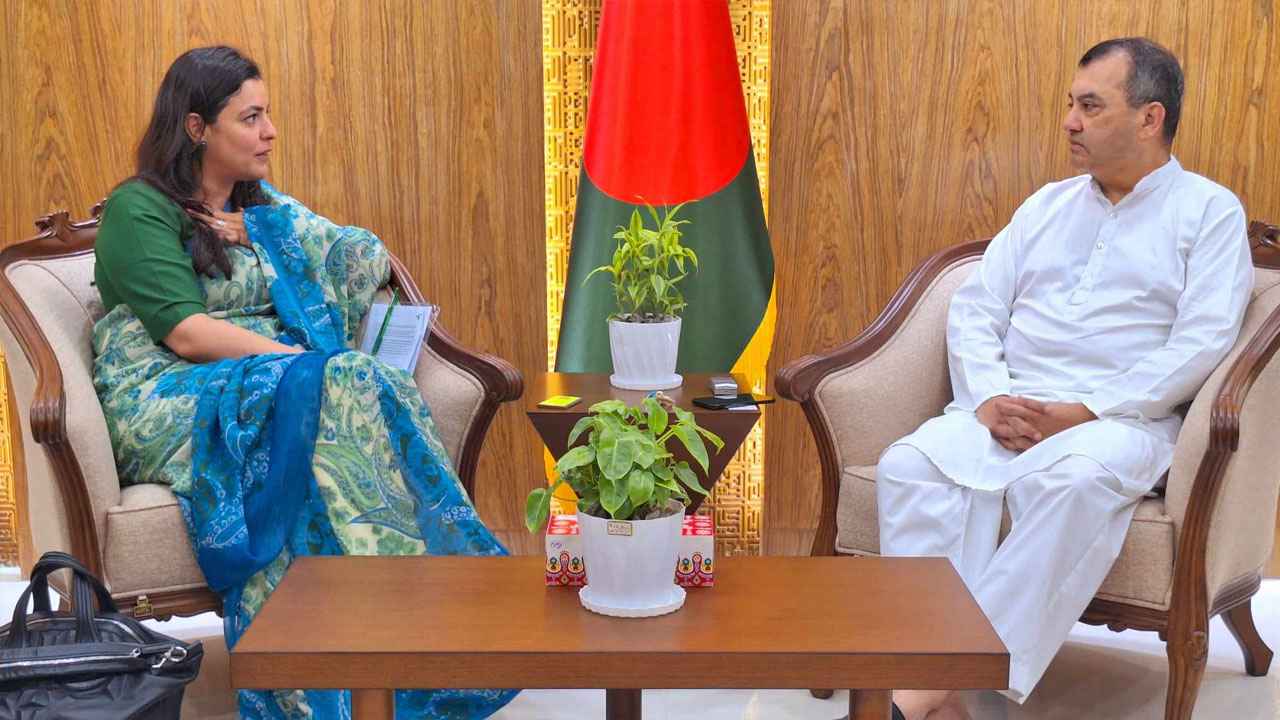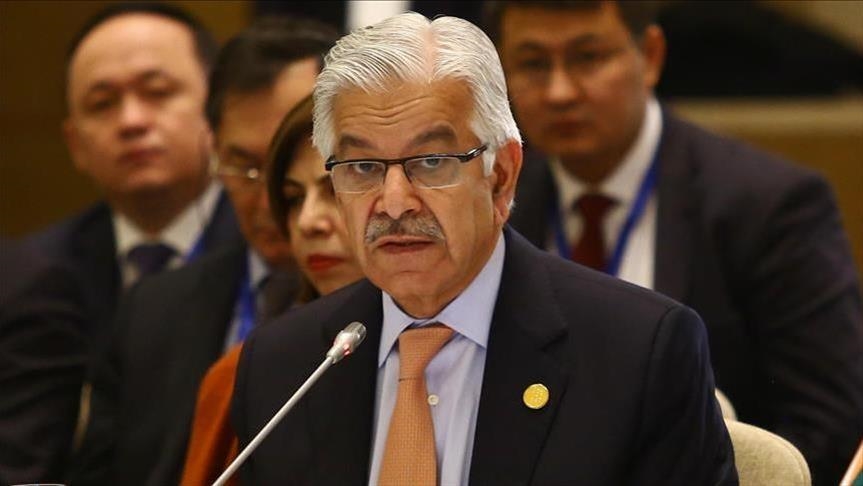
Pakistan's Defense Minister Khawaja Asif said the nuclear-powered nation’s capabilities will "absolutely" be available under the recently signed strategic mutual defense agreement signed with Saudi Arabia.
However, he stressed, the pact was a “purely defensive” arrangement designed to ensure joint security.
Saudi Crown Prince Mohammed bin Salman and Pakistani Prime Minister Shehbaz Sharif signed the agreement on Wednesday in Riyadh.
In an interview with Pakistan's Geo News television network late Thursday, Asif called the agreement an “umbrella” pact, saying: “If either country is attacked, we will respond jointly."
“This agreement, which reflects the shared commitment of both nations to enhance their security and to achieving security and peace in the region and the world, aims to develop aspects of defense cooperation between the two countries and strengthen joint deterrence against any aggression,” read a joint statement after the signing ceremony.
The agreement says “any aggression against either country shall be considered an aggression against both.”
"We did not name anyone, but whoever commits aggression will face a united response. This is a defensive agreement,” said the defense minister.
Asked whether Saudi Arabia would benefit from Pakistan’s nuclear umbrella, Asif said: “What we have, our capabilities, will absolutely be available under this pact.”
He added that Pakistan, which conducted its first nuclear tests in 1998, “is a responsible nuclear power,” a status that has “never” been challenged.
On whether the US was consulted about the defense pact with Riyadh, Asif said there was no ground or justification to take a third party into confidence.
“This is not a hegemonic arrangement but a defensive pact, while the US itself has such treaties with many countries,” he added.
“It is our fundamental right to defend ourselves. We have no intention of occupying anyone else’s land.”
On the possibility of other nations joining such an arrangement, Asif said it was premature to comment but added that Pakistan’s “doors are open.”
Global power dynamics are “changing,” he said. “In the coming times, China will lead the world. Personally, I believe people are now looking to China.”
According to a Saudi official quoted by the Financial Times, Riyadh and Islamabad had been "working on this for well over a year" and it is "based on a two to three year conversation."
“We hope it will reinforce our deterrence --aggression against one is aggression against the other,” the official said. “This is a comprehensive defence agreement that will utilize all defensive and military means deemed necessary depending on the specific threat.”
“KSA and Pakistan.. One front against any aggressor.. Always and forever,” Saudi Defense Minister Khalid bin Salman said on the US social media platform X on Thursday.
Joint statement 'self-explanatory'
Responding to questions on the nature of the agreement at the weekly press conference in Islamabad, Pakistan's Foreign Office spokesperson, Shafqat Ali Khan, said “the pact formalizes already close security ties between Pakistan and the Kingdom of Saudi Arabia; it is not directed against any other country.
Khan said any hypothetical interpretations or speculations are unwarranted as the Pakistan-Saudi joint statement is self-explanatory.
He said Islamabad and Riyadh enjoy a long-standing history of brotherhood and friendship, rooted in shared values and deep respect for the holy places in the kingdom.
India and Saudi Arabia have 'wide-ranging strategic partnership'
Separately, India said New Delhi and Riyadh have a “wide-ranging strategic partnership,” which has "deepened considerably in the last several years.”
“We expect that this strategic partnership will keep in mind mutual interests and sensitivities,” External Affairs Ministry spokesman Randhir Jaiswal told reporters at a weekly presser in the capital New Delhi.
